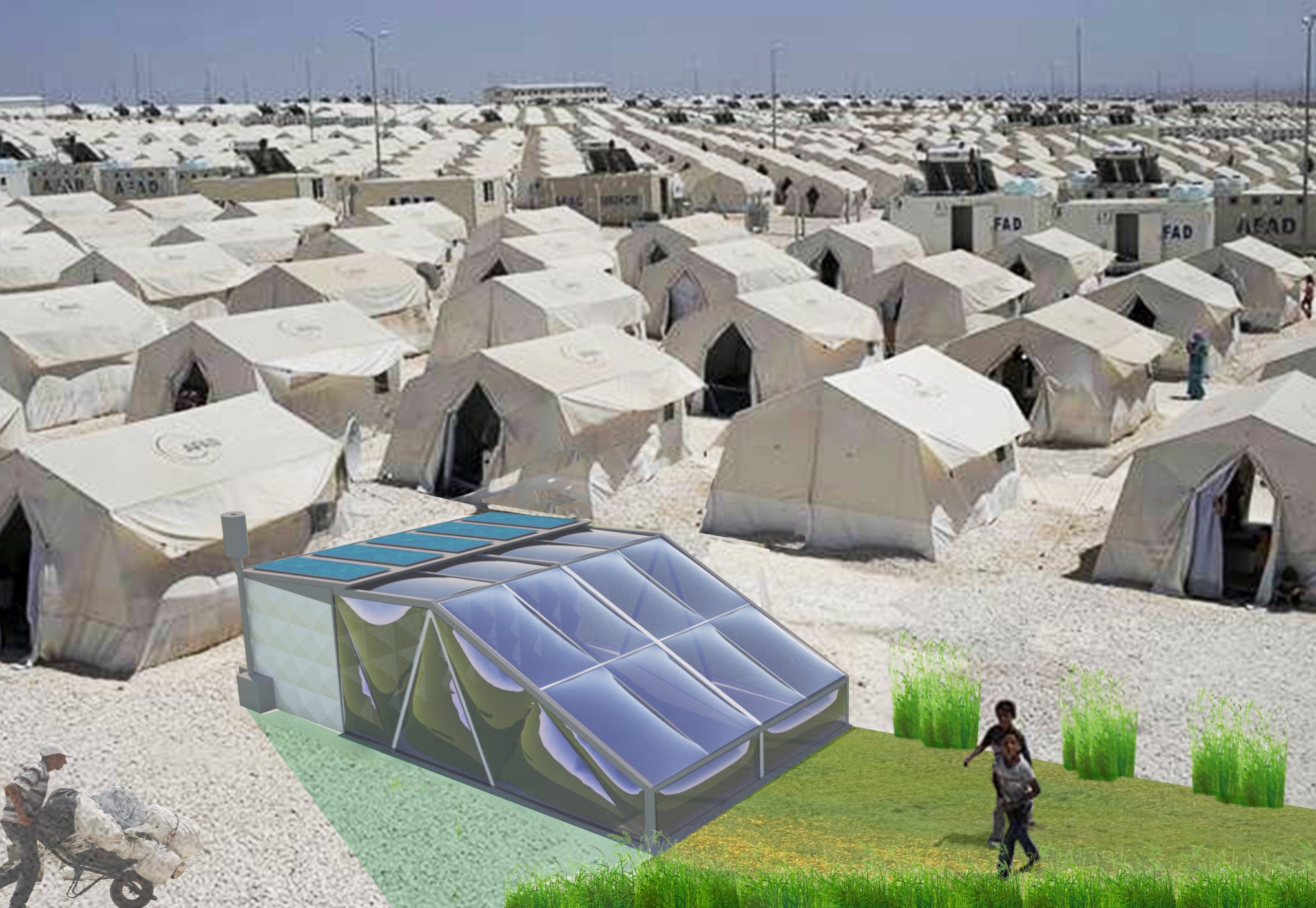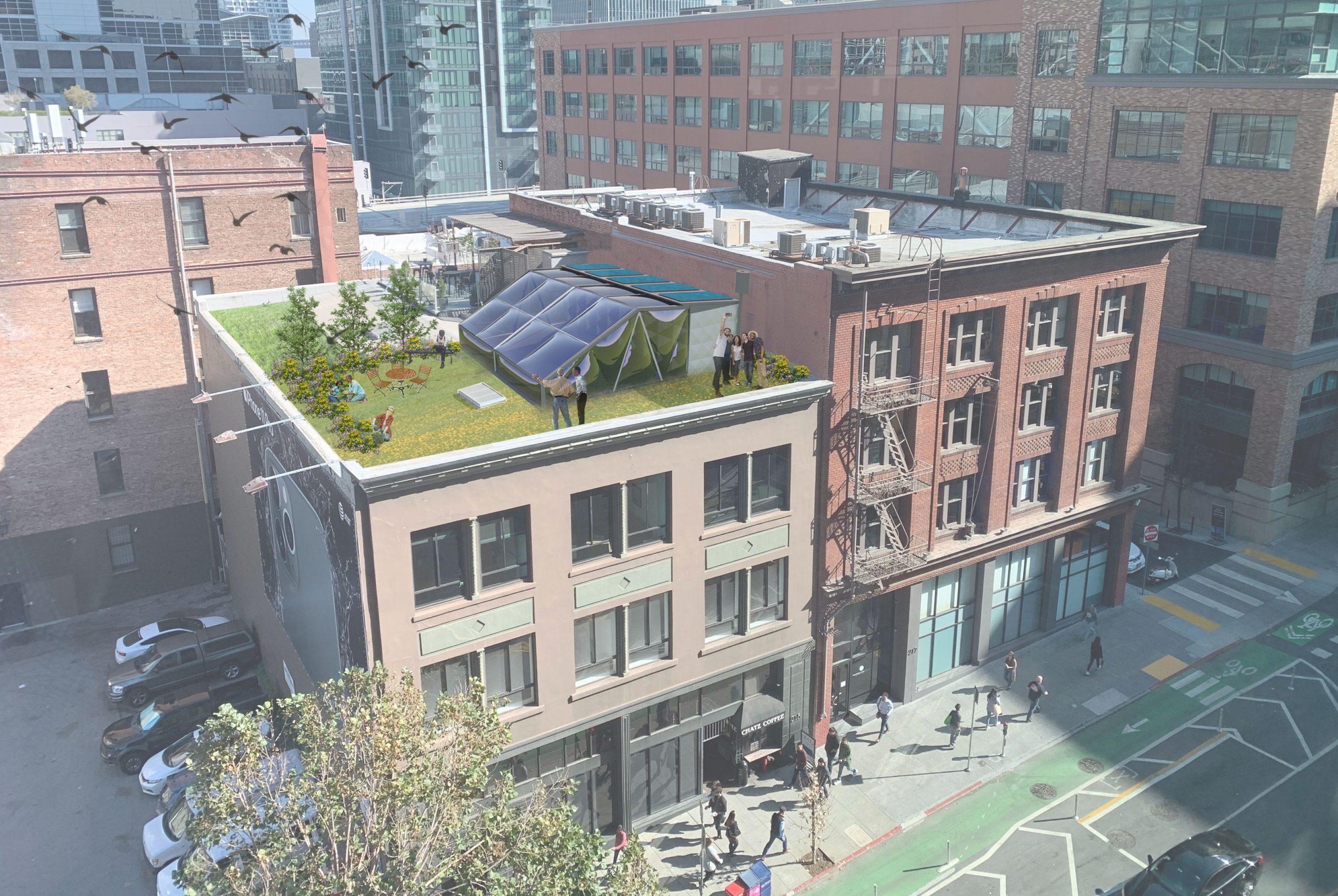The Plantimate ™ “patent pending” growing system has been implemented in a variety of physical and socioeconomic contexts. To forward our vision of nutritious food being available to as many people as possible we implemented the projects in a series of urban locations with their own specific target markets, demographics, opportunities and challenges.




These included inner city entertainment and dining venues, education and health care campuses, under utlised urban land, derelict buildings and locations on the city edge.
Key considerations for each site include access to the land, energy production, awareness building for the intended market and how the harvested crops will be used. The key is that each unit in each location can operate independently, serving its local area, or operate in a larger network of units providing economies of scale and serving a greater urban area.
Early versions of Plantimate were originally designed to operate in harsh environments with limited resources, in particular refugee camps. However with increasing climate change and global urbanisation trends there is an emerging urgency for food producing solutions within out urban centers. An urgency the Covid 19 pandemic and its threat to our food supplies, mobility and way of life have amplified. Subsequent versions of Plantimate have been designed to meet this urban agriculture challenge.
1. GROWING IN ENTERTAINMENT & DINING VENUES
SUMMERHALL ARTS AND EVENTS VENUE
The inner city mixed use hub of Summerhall combines arts and cultural venues with micro business, restaurants, bars and a gin distillery. Utlising a former veterinary school the hub has a publicly accessible courtyard that makes for an ideal location for the Plantimate growing unit. Here the occupies donated land and can be relocated as and when required, depending on functions and events. project
The high profile location allows for the general public to access awareness raising of the various benefits the growing unit provides. The bars, restaurants and Pickerings Gin Distillery have incorporated the crops into their offering, providing a good example of how Plantimate can benefit private businesses.
2. GROWING IN EDUCATION AND HEALTH CARE CAMPUSES
RIVERSIDE PRIMARY SCHOOL
Operating the Plantimate growing system on campuses that encompass multiple users can provide economies of scale and increased sustainable impact. Education and health care campuses are well suited to the system since it can provide their canteens a reliable and fresh source of nutritious food on campus. Additional benefits can be found in education opportunities for school campuses and horticulture therapy opportunities for patients and staff on healthcare campuses.
The River Side Primary School site provides an ideal context with educational workshops given to various age groups of students covering nutritional health, renewable energy, flat packed engineering and hydroponics. With the grown crops incorporated into their canteen dinners this provides a holistic approach to learning and experiencing that can be applicable to multiple campus environments.
3. GROWING IN DERELICT BUILDINGS
LEITH PORT INDUSTRIAL HERITAGE AREA
Derelict buildings provide an ideal location for the Plantimate growing system to deliver social, environmental and economic sustainable impact to an urban area. Designed as light weight, easy to transport with growing taking place within its enclosed environment it can occupy urban spaces that would otherwise be neglected. Building dereliction can occur for a number of reasons but by being able to demonstrate to building owners that the unit can be removed within hours this can make it more attractive to building owners as a temporary solution. Therefore,rapidly breathing productivity into an otherwise wasted urban resource.
In the industrial heritage area of Leith, Edinburgh we grow crops on the upper floor of a former bakery building. In response to the Covid 19 epidemic an innovative non profit called Empty Kitchens Full Hearts has set up in a near by theater with a pop up food preparation and delivery service to feed those in need within the local community. We have been privileged to provide them with hydroponic food to support their cause.
4. GROWING ON UNDERUSED INNER CITY URBAN LAND
SOCIAL BITE VILLAGE URBAN LAND REGENERATION
In addition to buildings, whole areas of urban land can be derelict or underused. In the US this can be as high as 15% of the urban area and in Scotland up to 33% of the population lives within close proximity to derelict land. The Social Bite Urban Village provides a great example of how to address this and aligns with many of Plantimate’s values
It has been set up in Edinburgh on underused former industrial land. It provides support and a living environment for individuals from a situation of homelessness to build an independent life. Their buildings align with Plantimate’s ethos of modular, light touch on the ground design and social impact. Due to the central location some of the city’s finest restaurants and social enterprises were able to access the crops. Being able to reach this wide socioeconomic spectrum of food business aligns with Plantimate’s goal to make locally produced, healthy food available to as many people as possible.
5. GROWING IN CITY EDGE CONDITIONS
CYRENIANS COMMUNITY FARM
With city edges constantly expanding and contracting their are multiple opportunities for food production and awareness raising on the edge of cities (peri-urban). Here land can be more readily available and still be within close proximity to an urban consumer population.
At the Cyrenians Community Farm on the edge of Edinburgh we have been raising awareness and growing food for their charity and cooking school. The Cyrenians Charity works with people at risk of becoming homeless and supporting them to transform their lives. Our microgreens have helped diversify their traditional crop offerings produced on the farm. As climate change increases and farmers seek to adapt to changing weather and consumer habits the need to diversify crop production will increase and Plantimate at the Cyrenian farm provides a glimpse of how this could be achieved.
EARLY STAGE ANALYSIS AND WEATHER TESTING
COASTAL WEATHER TESTING
The Plantimate growing system was field tested on the shores of the North Sea to ensure that it would stand up the weather elements. We are constantly testing and refining the design and process to improve the system’s ability to bring healthy, locally produced food to communities. For more general information on the data and statistics visit here.
PLANTIMATE ORIGINAL EARLY STAGE CONCEPT
PROVIDING EMPLOYMENT AND SKILLS FOR RESETTLED REFUGEES
Early versions of Plantimate were originally designed to operate in harsh environments with limited resources, in particular refugee camps. The concept was in Stage 1 (Refugee Camps) the units could get much needed fresh nutrients to camps whilst providing skills training for off grid hydroponic food growing. Then, in Stage 2 ( Resettled City) when the refugee (s) were resettled in an urban setting they had the skills and tools to start a urban agriculture business and improve their economic integration and acceptance into the new community. For more information see this short video.
Due to the Covid 19 travel restrictions are preventing us from implementing the Plantimate growing system in camps but we hope to be able to implement it in the future.










































